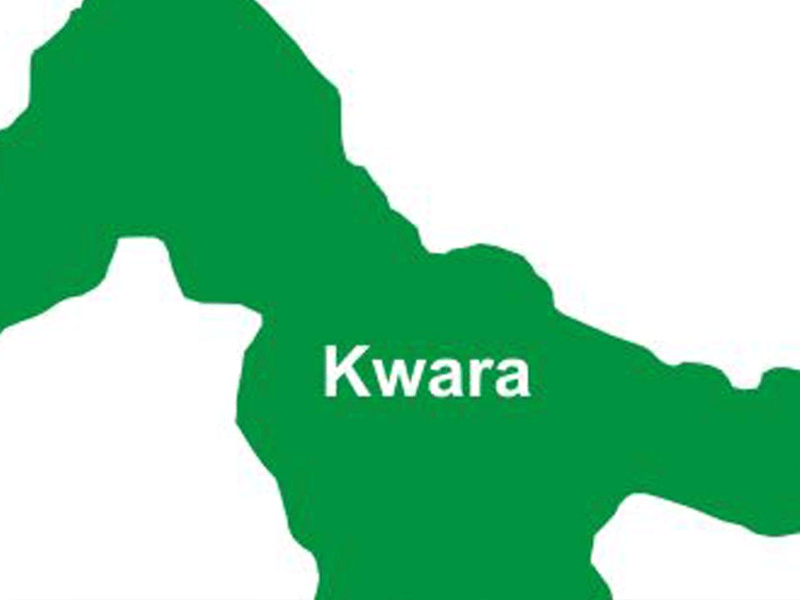A new militant group known as Mahmuda is rapidly asserting control over large parts of Kwara State, with rural communities in Kaiama and Baruten Local Government Areas becoming the latest additions to its growing sphere of influence across North Central Nigeria.
The insurgent group, which surfaced in recent months, has turned swathes of land—particularly around the Kainji Lake National Park—into ungoverned territory, enforcing its own laws, levying taxes, and administering punishment in place of the Nigerian state.
On Monday, as Governor AbdulRahman AbdulRazaq led a security delegation—including senior military, police, and intelligence officials—on a visit to affected communities, the group struck again, killing a vigilante member in Kemanji. The attack came just hours before the governor’s arrival.
The Mahmuda group is not just launching attacks—they are planting flags. Multiple sources said that the militants have effectively established control over villages in Kaiama LGA (Kemaanji, Tenebo, Baabete, Nuku, Nanu), Baruten LGA (Yashikira District), and even parts of Borgu LGA in Niger State, including Babana and Wawa.
Residents say the group operates with impunity, extorting herders and farmers, enforcing bans on alcohol and smoking, and using Islamic rhetoric to justify their rule. “It’s no longer banditry—it’s governance by force,” one local source said. “They regulate land use, collect dues, and settle disputes. We are living under their system now.”
The militants are believed to have roots in Boko Haram, specifically a breakaway faction from the Shekau-led camp. After being expelled from Mokwa LGA by the Niger State government years ago, they relocated to Kaiama LGA before eventually entrenching themselves within the Kainji Lake National Park. Sources say they drove out forest guards and took control of the park’s vast terrain, estimated at nearly 4,000 sq. km.
This territory has become a hub for illegal logging, illicit farming, and potentially unauthorized mining—economic activities now regulated by the Mahmuda group.
“The forests have become economic goldmines for these groups,” one intelligence source noted. “By controlling access to natural resources, they fund their operations and attract recruits.”
Despite Monday’s visit by top officials, including the GOC of the 2 Division, Army Brigade Commander in Ilorin, and heads of the police and DSS, there are doubts about what meaningful security action will follow.
“The Mahmuda group is not just hiding in the forest; they are administering territory. If swift and coordinated action isn’t taken, more communities may fall under their rule,” said a regional conflict analyst.
For many residents of Kwara’s border communities, the fear is not just about the next attack—but about how much more land the Mahmuda group will add to its growing list of trophies.

